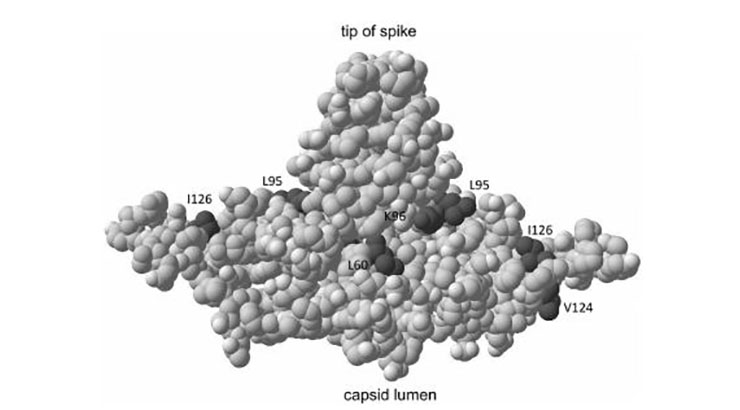New Antiviral Strategies to Cure Persistent HBV Infection
ID# 2015-4365
Technology Summary
The present invention addresses the role of the capsid protein in the cccDNA formation of the Hepatitis B virus. Certain HBc (Hepatitis B core protein) mutations were found to alter the integrity of mature nuclear capsid (NC). Those mutations enhanced cccDNA formation and increased the nuclear cccDNA pool. The increased levels of cccDNA formed by these HBc mutants will facilitate efforts to target this critical viral episome for antiviral development. These findings provide the rationale to manipulate the integrity of mature NCs as novel ways to eliminate viral persistence by diminishing levels of viral nuclear episomes. The invention opens the opportunity to designing new antiviral strategies to cure persistent HBV infection.
Application & Market Utility
Screening for capsid-targeted antiviral drugs. Diagnostic for HBV cccDNA load as well as effectiveness of the treatment. Manipulating levels of viral nuclear episomes (cccDNA). Allows identification of host factors regulating HBV capsid assembly. Cure for chronic HBV infection.
Next Steps
Seeking research collaboration and licensing opportunities.

